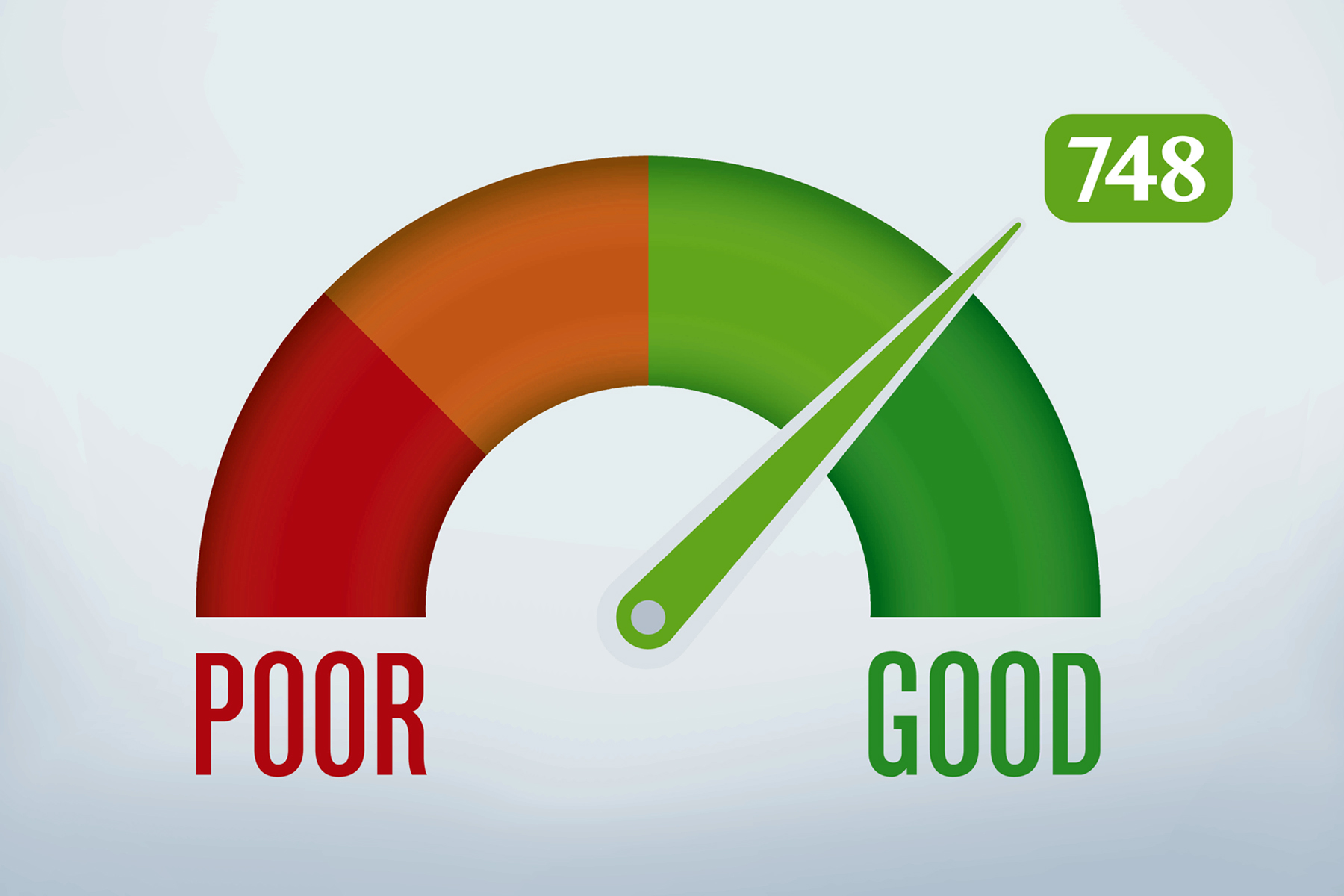“How will bankruptcy affect my credit score” continued…. In my last blog we covered the History of credit. This portion of the series highlights the history of credit reporting. Then using these 2 blogs, we have built the historical context of the credit reporting industry and can better understand how credit scoring works today (which will be discussed in the last blog in this series).
History of credit reporting. As we saw in the last blog, the first written laws regarding interest on credit were back in the 1795-1750 BC era. However, the first organized credit reporting “systems” occurred in the late 1700s/early 1800s in England. We assume from the BC period until the 1800s in England, that a merchant decided to sell on credit based on their interactions with the particular person. The determining “credit” factors might have been based upon prior history, ethnicity, class, or any number of other factors, but still the “credit worthiness” relationship would have been between merchant and buyer (unless of course a person was a well-known “scoundrel” or “wanted” criminal).
Somewhere around the 1780s and very early 1800s, organized credit reporting groups began to appear in England. Around 1803 a group of English tailors started meeting together to exchange information on customers, especially those that didn’t pay their debts. Another group was called the “Guardians” and they published a monthly newsletter naming all the people who failed to pay their debts.
In New York around 1841 The Mercantile Agency is founded. This company used rumors about the character and assets held by debtors to compile “ledgers” on people’s creditworthiness. As you can imagine, most of the information put forth was biased, heavily subjective, and probably based on false information. Roughly 20 years later, the Mercantile Agency was purchased by R.G, Dun and Company and the business established an alphanumeric system for tracking creditworthiness of companies.
For consumer creditworthiness, the Retail Credit Company of Atlanta in 1899 began compiling an extensive list of creditworthy customers.
From 1899 to mid-1960s, all consumer credit reporting companies kept their information on people in filing cabinets, used index cards to find files, mailed out reports using the postal service, and used the telephone as well to transact business/transmit information.
So, from the “BCs” to late 1960’s, individuals credit worthiness records were typically compiled by local/regional organizations. These determinations on credit worthiness were also based upon non-credit items such as: marital status, age, race, gender, religion, driving records, drinking habits, etc. As a result, these factors resulted in discriminatory denials of extensions of credit for reasons other than personal credit history. Agencies reporting on an individual’s credit were almost completely designed to benefit the creditor (lender).
Finally, in 1971 the United States passed the Fair Credit Reporting Act (“FCRA”). It was passed to protect consumers from the rampant unfair practices used by credit reporting agencies. This law requires accuracy of information being reported and allowing individuals to see the information on their reports. As a result of the law, credit reporting agencies stopped reporting “personal details” (arrests, gender, race, religion, etc.) and strictly began focusing on an individual’s verifiable credit history. The law also resulted in credit reporting agencies reporting an individual’s payment history and other positive information. In 1996, Congress added more protections for consumers into the FCRA.
Eventually, with the passing of the FCRA and technology. Three major credit reporting companies dominated the market: Experian, Trans Union, and Equifax. In the last blog in this series, we’ll see how individuals can “help their credit rating” using today’s financial reporting world.
If you are worried about your financial situation, behind on your house or car payments, and need help, call Mooney Law today for an absolutely FREE consultation. Call us today at 717-200-HELP or 833-MOONEYLAW. We serve client sin both Pennsylvaia dn Maryland.



